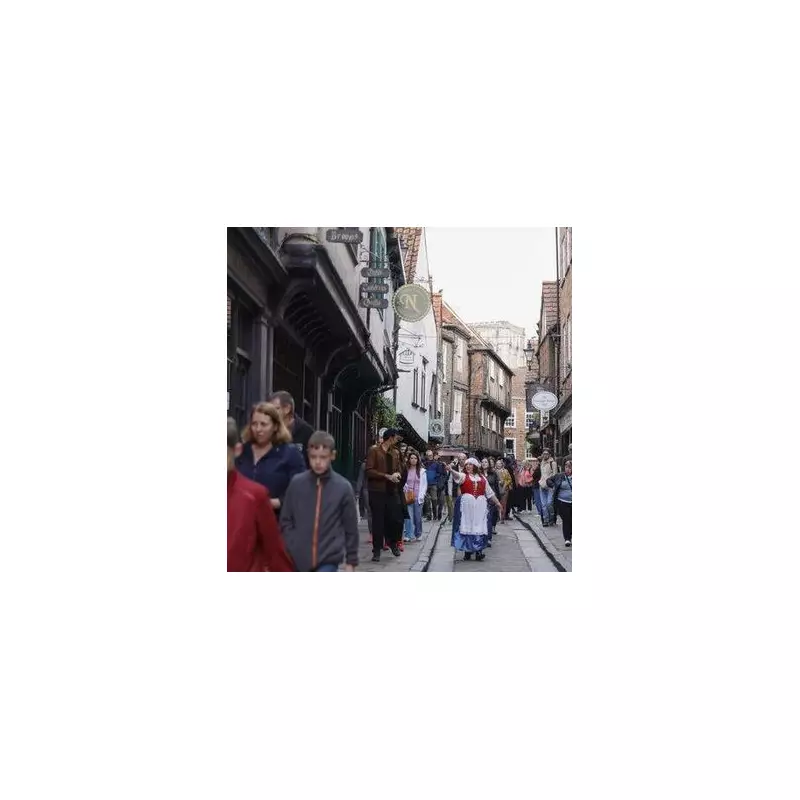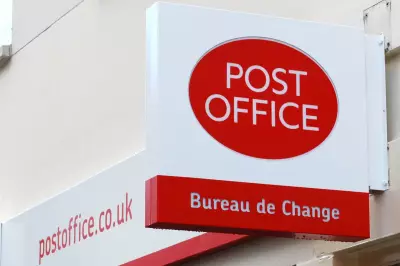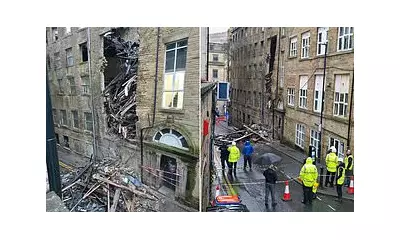
Residents of a picturesque UK city are pointing fingers at Airbnb, claiming the platform is exacerbating the housing crisis by converting long-term rentals into holiday lets. Locals argue that the influx of short-term rentals is driving up property prices and forcing them out of their own communities.
The Rise of Short-Term Lets
Over the past decade, the popularity of Airbnb and similar platforms has surged, offering travellers a more personal alternative to hotels. However, this boom has come at a cost for some UK cities, where the balance between tourism and local living has tipped too far.
A City Under Pressure
In one historic city, residents report a sharp decline in available long-term rentals as landlords opt for the higher profits of short-term lets. "It's impossible to find a decent place to live anymore," one local said. "Every other house is now an Airbnb."
The Ripple Effect
The consequences extend beyond housing shortages. With fewer permanent residents, local businesses are also feeling the pinch. Cafés, shops, and services that rely on year-round customers are struggling to stay afloat in neighbourhoods dominated by seasonal tourism.
Calls for Regulation
Community groups and local officials are now urging stricter regulations on short-term rentals. Some propose caps on the number of days a property can be rented out, while others advocate for licensing schemes to ensure a fair balance between tourism and housing needs.
"We need action before our city becomes a ghost town outside peak season," a campaigner warned.
What's Next?
As the debate heats up, the city faces a critical question: Can it preserve its charm for tourists without sacrificing the needs of those who call it home? The answer may lie in finding a middle ground that benefits both visitors and residents alike.





